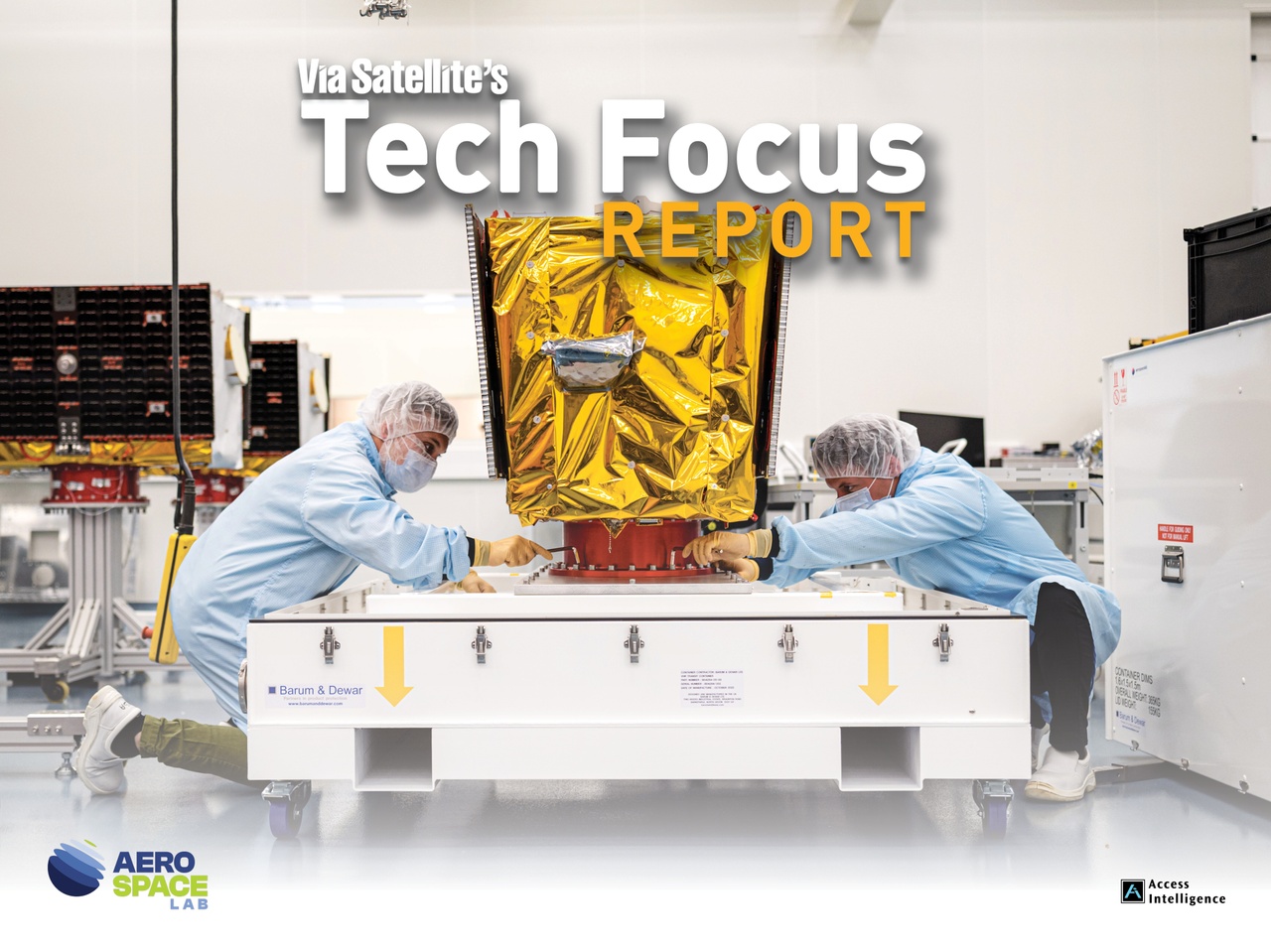
UK Space Regulatory Review 2024: Navigating Legal Certainty in the Age of Space Innovation
The recent Space Regulatory Review identifies seven priority regulatory outcomes to ensure the U.K. space sector remains innovative. August 21st, 2024The space sector is brimming with potential, stimulated by advancements in technology, expanded international partnerships, and increased awareness of the benefits of accessing space. The growth of the lunar economy, in particular, is expected to spur innovation and technological advancements: there are over 400 lunar missions anticipated by 2032.
As we push the boundaries of human capabilities and technology in space, critical questions around safety and sustainability, regulatory coherence and accessibility come to the fore. These will need to be addressed if we are to successfully preserve the space environment and ensure future access.
Against this backdrop, the United Kingdom’s Department for Science, Innovation and Technology (DSIT) conducted a comprehensive review of the current and future regulatory environment, supported by other government departments, industry, professional services and academia. This was a deliberately targeted review, focused on the regulatory changes needed to help U.K. industry accelerate its participation in the growth of the global space economy.
The report, the Space Regulatory Review, identifies seven priority regulatory outcomes to ensure the U.K. space sector remains innovative, attractive and competitive. It highlights the significance of engendering a progressive regulatory environment, cultivating international collaborations with spacefaring nations, and promoting sustainable practices to safeguard the space environment. A strong theme throughout is the requirement for regulatory clarity and certainty to stimulate confidence in, and competitiveness of, the U.K. space sector.
The expectation is that these seven outcomes, if fully implemented, would deliver a meaningful boost to the U.K. space sector, unlocking investment, innovation and growth. They are:
Agility – A streamlined, proportionate and responsive space regulatory environment that ensures greater coordination across regulators and government departments.
Innovation - A dynamic, responsive regulatory development framework that supports novel and emerging missions and technologies to enable early leadership in nascent markets.
Growth - A progressive regulatory framework that encourages healthy competition, risk taking investment, unlocks market access, and promotes good practice, while driving out irresponsible behaviors.
International Partnerships – A multilateral alliance with other established and emerging spacefaring nations working towards aligned regulatory frameworks and international best practice that prioritizes sustainability and smooth cross-border trade.
Safety and Sustainability - A world-leading approach to incentivizing sustainable space activities, protecting the space environment, its celestial bodies and our freedom to act in a safe, secure, and sustainable way.
Accessibility - A coherent, easy to understand suite of primary and secondary space legislation and clear published guidance, under which all types of organizations can easily operate.
National Interest - A civil and commercial space regulatory framework that supports U.K. national security.
Underpinning these seven outcomes are 17 recommendations, ranging from supporting the establishment of domestic and international cross-regulator associations, reducing cost to business by driving out duplication and demands for excess information, establishing a regulatory toolkit via sandboxes (for which funding has already been secured), seeking mutual recognition of responsible national regimes and alignment of regulations where appropriate, promoting an incentive-driven approach to regulation, and rewarding responsible space system developers.
The implementation of the recommendations is expected to deliver tangible benefits, providing industry with greater clarity on how to stay in lockstep with future government direction, such as by defining space sustainability and publishing U.K. policy guidance for best practices. The review also recognizes the importance of maintaining a balance between the pace of change in regulatory guidance and the certainty required to enable investment in next generation capability with its long lead times. While the review focuses on regulatory change, it also concentrates on how to provide that necessary certainty.
The review’s recommendations, along with other frameworks such as the Astra Carta, should help to incentivize investment and mitigate risk. A clear and unambiguous focus on space sustainability and safety, linked to proposals for incentive-based insurance and charging mechanisms, is expected to steer investment into these areas and encourage responsible space usage.
Space companies are exposed to risks on multiple fronts. Compliance with a set of agreed standards would allow companies to assess, quantify and reduce risks. Effective regulation, carefully targeted to reward and promote sustainable activities and desired behaviors, should help to deliver this. Collaborating and coordinating with international partners will amplify national activity – international support, including a focus on developing international law, is key. Space regulation can only be truly effective when all space-faring nations adhere to a common standard.
Although early days, the new U.K. government seems likely to pursue a proactive approach towards fostering innovation and expanding opportunities within the space industry, having previously stated that it aims to give the space industry the ‘stability and partnership’ that it needs to innovate and grow. This suggests future government policy will build on the work of the review, turning the priority outcomes into tangible results by designing and delivering the necessary action plans.
The review is merely the first step. DSIT has said it will establish a cross-sector implementation team, accountable to the National Space Board, to oversee delivery. This is expected to help achieve the ultimate goal of pro-innovation regulation, sufficiently nimble and agile to effectively respond to the rapid pace of technological advances and support industry to seize opportunity.
Human access to space has never been easier, or more in demand. This is only going to continue. The outcomes and recommendations outlined in the Space Regulatory Review are not just timely, but imperative. By actively participating in and shaping the global dialogue on space policy, the U.K. can ensure that its space sector not only thrives but also sets a standard for environmental stewardship and safe operations. The combined effort of government, industry and regulators collaborating to achieve a common goal should pave the way for a prosperous, inclusive and sustainable space economy that everyone can benefit from. VS
Imogen Ormerod is the Energy & Infrastructure Managing Associate at Linklaters LLP
Photo: Via Satellite archive illustration








